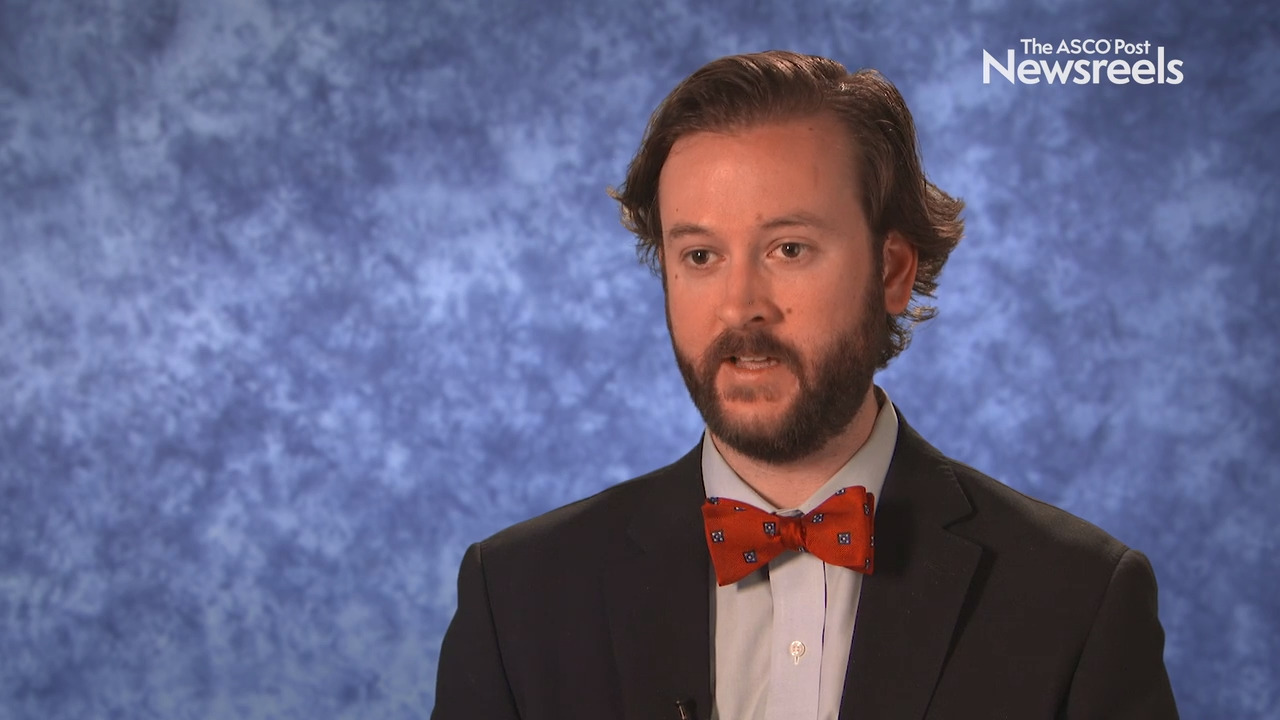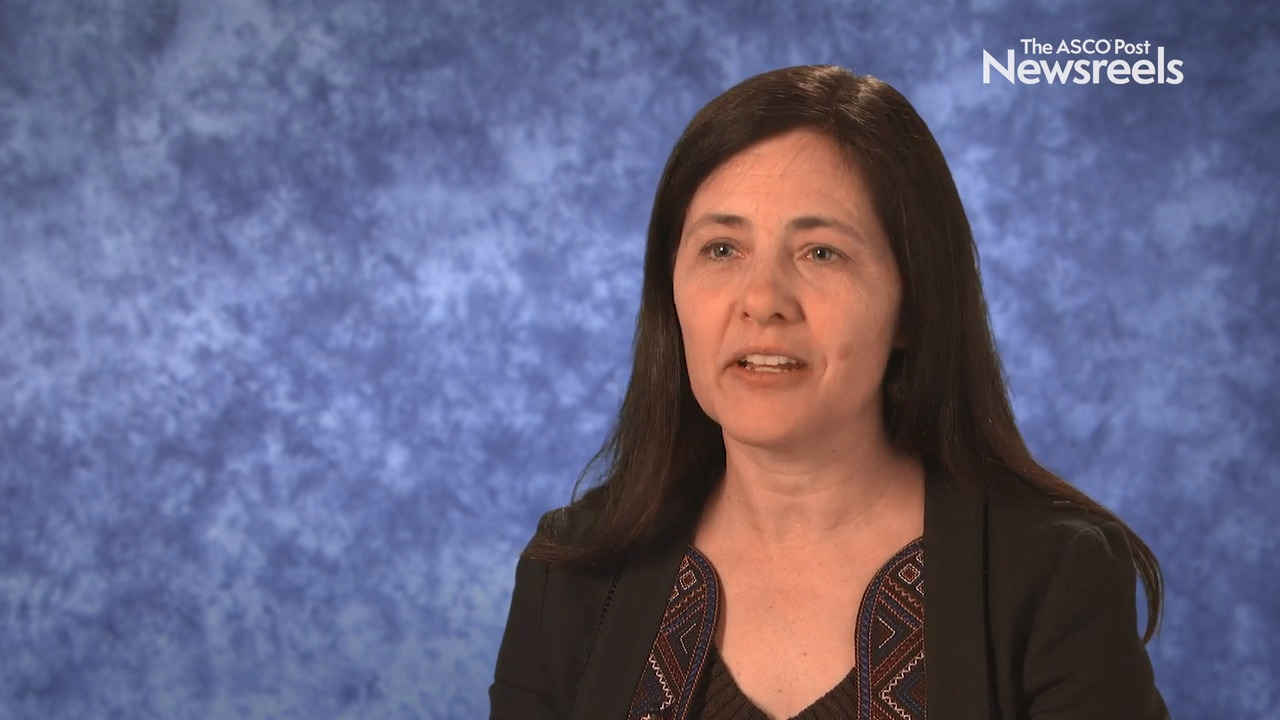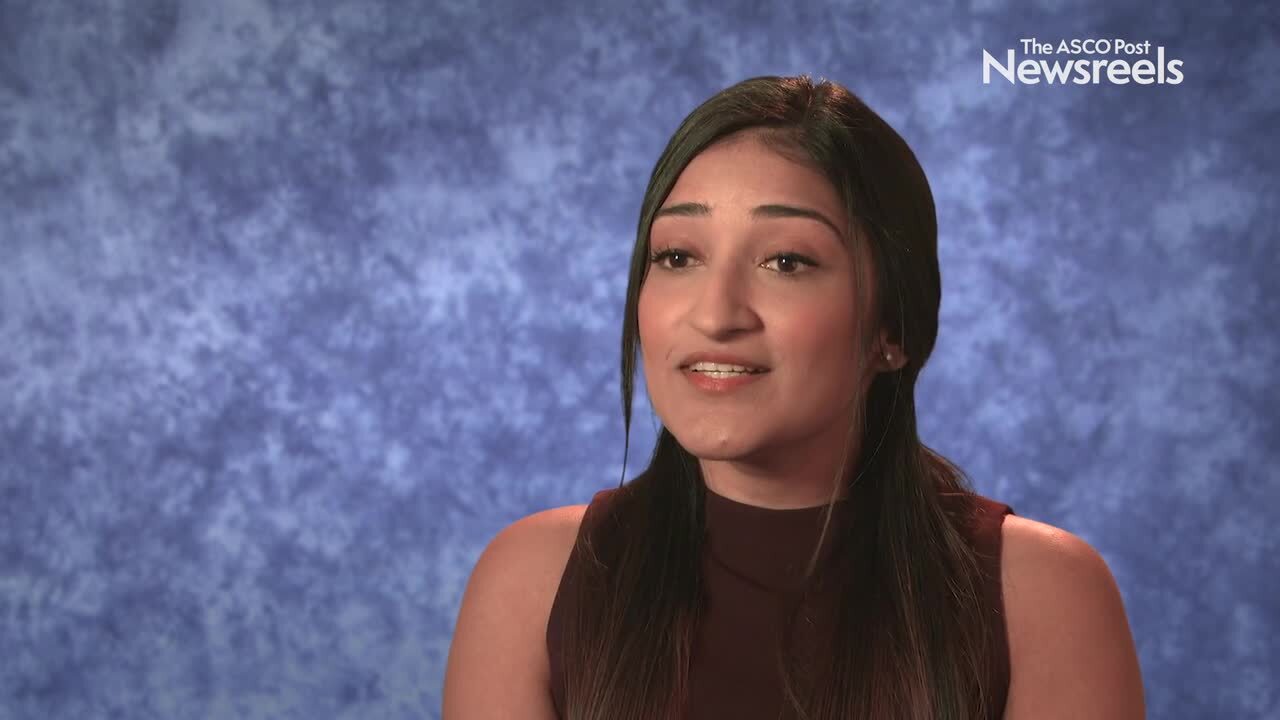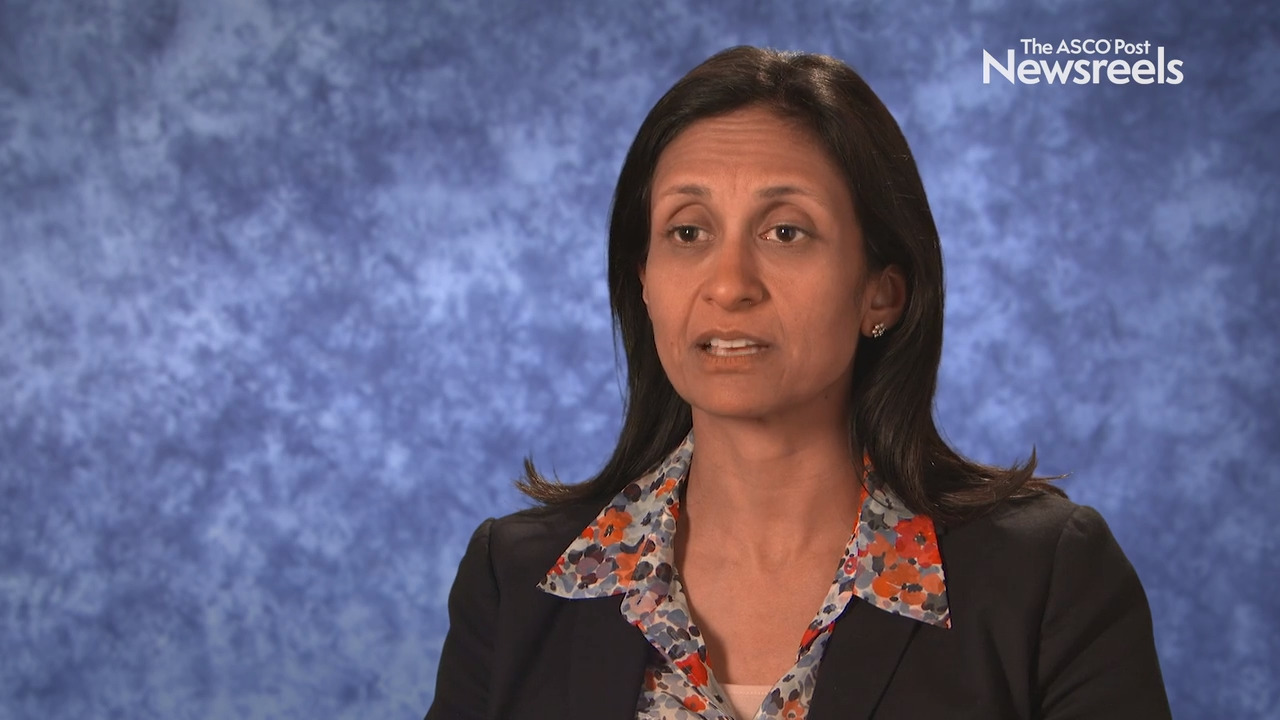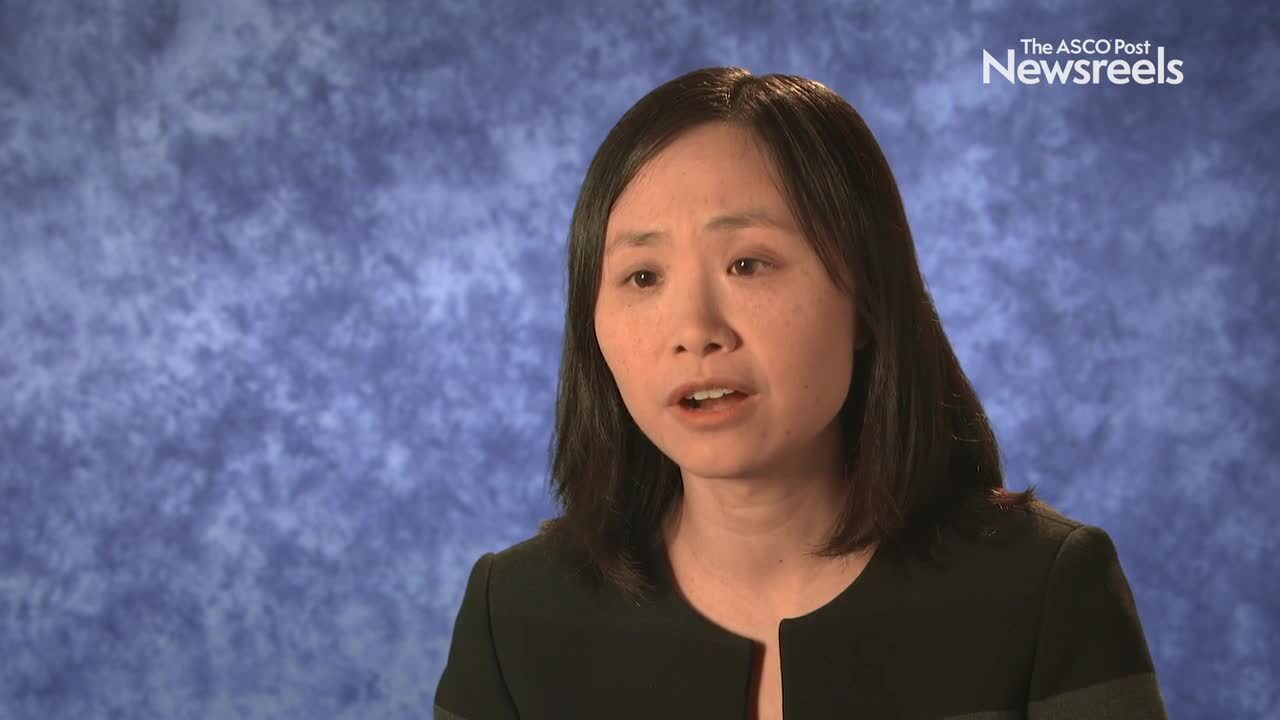Mark K. Ferguson, MD, on Mitigating Frailty and Sarcopenia to Improve Treatment Outcomes
2019 Multidisciplinary Thoracic Cancers Symposium
Mark K. Ferguson, MD, of the University of Chicago Hospital, discusses frailty and loss of muscle tissue, which are common among patients with lung cancer. These conditions are linked with decreased survival as well as increased surgical complications, chemotherapy toxicity, and cost of care.
J. Fletcher Drogos, MD, of Rush University, discusses study findings on overall survival and toxicity among patients who undergo multiple radiation treatments for lung cancer.
Heather A. Wakelee, MD, of Stanford University, discusses the most recent FDA-approved tyrosine kinase inhibitors that target EGFR and ALK mutations, how these agents fit into the treatment landscape, and the rapidly evolving field of TKI resistance.
Shraddha M. Dalwadi, MD, MBA, of Baylor College of Medicine, discusses the nearly 12% of potentially curable patients with stage I NSCLC who do not receive treatment, the various socioeconomic reasons why, and how some patients may benefit from minimally invasive therapies (Abstract 127).
Jyoti D. Patel, MD, of the University of Chicago, discusses immunotherapy for locally advanced NSCLC, selecting patients for these treatments, and the potential toxicities of combination therapies.
Jing Zeng, MD, of the University of Washington, discusses upstaging disease from stage III to stage IV, which can occur with repeat PET and/or CT scans for patients with locally advanced NSCLC, and the need for clinicians to stage disease properly to ensure appropriate treatment.
